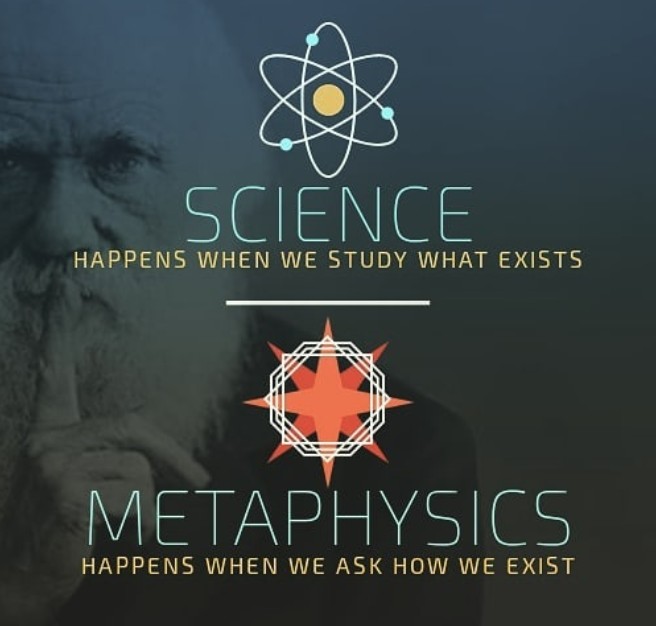When it comes to the origin of life’s biodiversity, some say there are only three camps, but in fact there are four; Evolution, Creation, Theistic Evolution, and Empirical Agnosticism.
Yet, does anyone have a clear grasp of what they are standing up for or standing up against? Evolution is a word that most presuppose comprehension. When asked, an opinion is quickly shared and regrettably all parties involved tend to befuddle each other. If one were to claim our populace to have a good working definition of evolution and those who support or oppose its validity communicate from that same interpretation, they would be speaking erroneously.
The same is true for Creationism… there are camps within the camps that further dissect ideas creating opposition between those who see their dissection as being most true.
Yet, when it comes to the conversation surrounding the origins of the diverse life we see today, there is an unhealthy and smug arrogance in believing there is a correct explanation of origins.
No matter if you find yourself in the evolution camp, the creationism camp, or the theistic evolution camp… you will not find a shred of empirical data that supports your camp or any camp’s best explanation for the emergence of new species. This conversation has been and is about that which cannot be observed, tested, replicated, nor verified.

Can we truthfully speak of how life became so diverse in any way other than by acknowledging our inability to scientifically know? Will true innovators and scientific minds of the future continue spending time and tax dollars on touting inferred conclusions to the origin of life’s diversity? Will it someday be understood that, scientifically speaking, we will never know how biodiversity came into existence? If we desire scientific breakthrough, innovation, and prosperity we must communicate true scientific “gnosis,” which is Greek for “knowledge.” To say we have gnosis, means we know. Inversely, our inability to know is called “agnosis.” When it comes to origins, what other approach is more logical and honest than to claim scientific agnosis? Our inability to know how all of the diverse species originated is not something to be ashamed of or afraid to admit. In fact, understanding that we don’t know furthers scientific investigation and protects us from becoming erroneously dogmatic.
Scientific American has an article entitled
Drawing the line between science and pseudo-science, in it the intricacies of this subject are outlined. The article speaks of science and how it “
can find evidence to establish with certainty that a claim is false. However, we can never find evidence to establish with certainty that a claim is true. So the scientist realizes that her best hypotheses and theories are always tentative — some piece of future evidence could conceivably show them false — while the pseudo-scientist is sure as sure as can be that her theories have been proven true.“
Nobel Prize winning physicist Richard P. Feynman offered a similarly elegant idea by saying, “I can live with doubt, and uncertainty, and not knowing. I think it’s much more interesting to live not knowing than to have answers which might be wrong.“
In this conversation of the emergence of diverse species, there are three main camps. Unfortunately, each camp has major assumptions about folks who are in a different camp and the assumptions quickly leave the realm of science and engage philosophy and theology. Case in point, anti-evolutionists are considered pro-creationists and therefore pro-theism, while anti-creationists are considered pro-evolution and anti-theistic, but then there are theistic evolutionists that are quickly considered non-scientific by the evolutionists and pro-evolutionists by the pro-creationists. We all have a smug arrogance at times and it is ridiculous.
My question is simple. Is it possible there is another stance in addition to evolution, creation, and theistic evolution? Let’s be frank, if anyone from any camp could step up to the microphone with empirical data and put this debate to rest, they would have. None of these labels are both honest and honoring of science. Let’s be pro-science. When it comes to the debate at hand, I choose to be aligned with science because faith, inference, and extrapolation cannot be validated empirically. The next time you are asked to label yourself and/or choose a camp, call yourself an “Empirical Agnostic.” When it comes to the “How” of how we got here, scientifically it is impossible to know.
Are you bold enough to join me in a new stance? My book,
What Is Evolution? not only asks hard questions about the science of evolution, it also asks honest questions about labels and camps.


